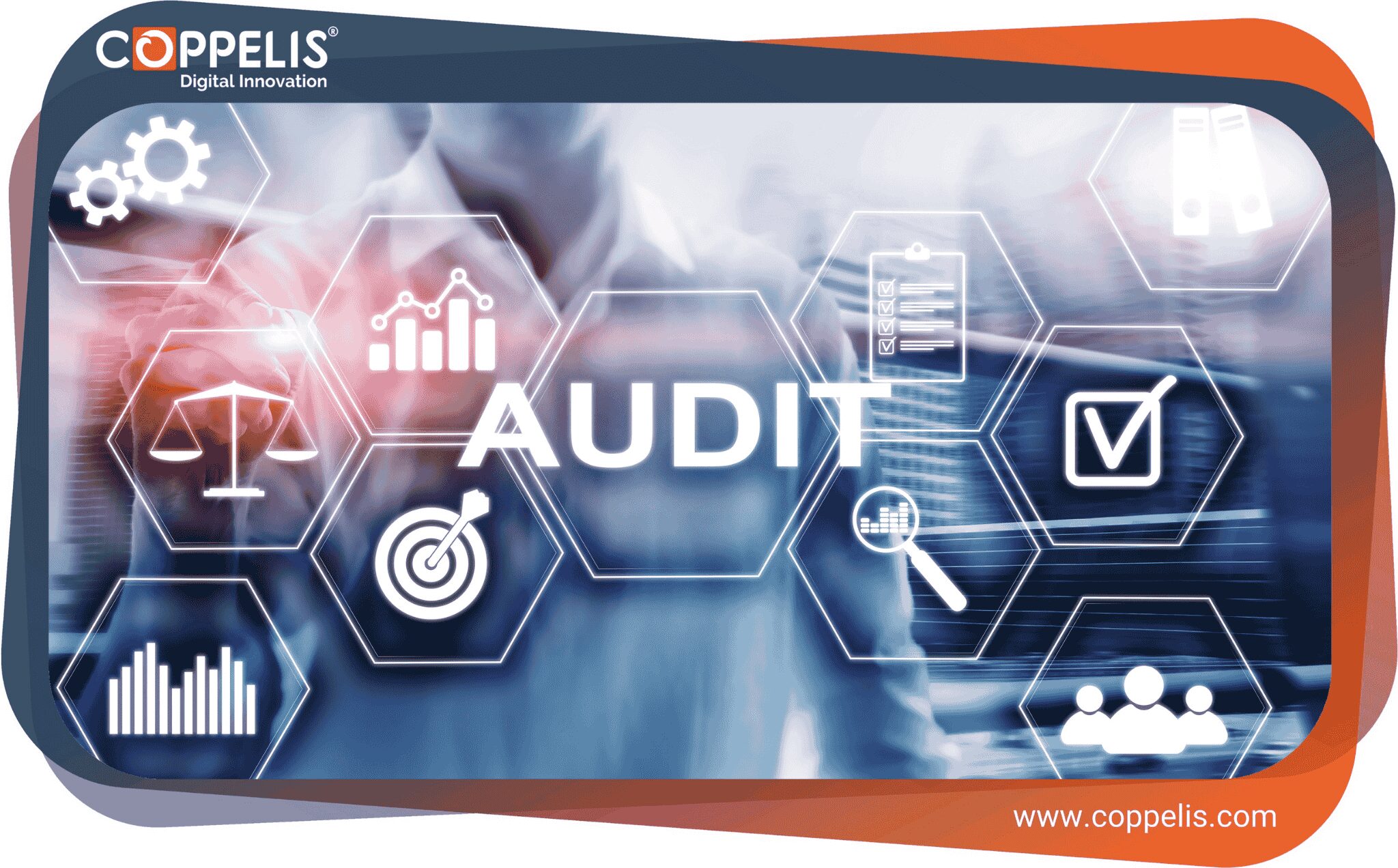In today’s ever-changing property management landscape, compliance audits have become indispensable.
Gone are the days when property management was about simply maintaining the structural integrity of buildings. Today, it’s about ensuring safety, adhering to regulations, and building trust with tenants and stakeholders.
Compliance audits serve as the foundation for achieving these goals, offering a systematic way to evaluate and enhance property operations.
What Are Compliance Audits?
A compliance audit is a structured review process that assesses whether a property meets regulatory requirements and industry standards. These audits cover areas such as:
Safety Standards: Ensuring fire safety, electrical compliance, and structural stability.
Environmental Regulations: Monitoring energy efficiency and waste management practices.
Tenant and Lease Compliance: Verifying adherence to rental agreements and local tenancy laws.
Financial Integrity: Evaluating financial records and operational budgets to ensure transparency.
Compliance audits are not merely a legal obligation; they are a strategic tool for proactive management, enhancing operational efficiency, and maintaining the market value of properties.
Why Prioritize Compliance Audits?
Risk Mitigation
One of the primary benefits of compliance audits is risk mitigation. By identifying potential hazards and non-compliance issues early, property managers can:
- Avoid costly penalties and legal disputes.
- Minimize safety risks for tenants and staff.
- Reduce the likelihood of operational disruptions.
For instance, a routine fire safety audit could identify outdated sprinkler systems or inadequate emergency exits, enabling corrective measures before these issues lead to serious consequences.
Efficiency Gains
Compliance audits streamline property management processes. By documenting and standardizing compliance procedures, audits help reduce administrative burdens and create a clear roadmap for maintenance and improvement. This efficiency translates to:
- Quicker issue resolution.
- Better resource allocation.
- Improved tenant satisfaction.
Automation tools and software can further enhance this efficiency by integrating compliance checks into daily operations.
Regulatory Confidence
Property management is governed by a myriad of laws and standards, from local building codes to environmental mandates.
Compliance audits ensure properties remain in line with these evolving regulations, fostering confidence among stakeholders.
Regulatory adherence not only avoids fines but also strengthens a property’s reputation in the market.
Portfolio Value
A compliant property portfolio is a valuable one. Demonstrating a commitment to compliance boosts the perceived value of assets.
Investors and buyers are more likely to consider properties that reflect meticulous management and operational resilience.
Additionally, a clean compliance record can be a significant differentiator in a competitive market.
Key Components
1. Planning and Preparation
Before conducting an audit, property managers should:
- Define the scope of the audit.
- Gather relevant documentation, including past audit reports and maintenance logs.
- Notify stakeholders to ensure transparency and cooperation.
2. On-Site Inspections
Physical inspections form the core of compliance audits. Auditors assess:
- Structural and safety features.
- Utility systems such as HVAC, plumbing, and electrical.
- Accessibility features for individuals with disabilities.
3. Documentation Review
Auditors scrutinize records to verify adherence to financial, legal, and operational standards. This includes reviewing leases, contracts, and tenant complaints.
4. Reporting and Recommendations
A comprehensive audit report highlights findings, categorizes them by severity, and provides actionable recommendations.
These insights help property managers prioritize corrective actions and long-term planning.
The Role of Technology
Modern property management leverages technology to optimize compliance audits. Tools such as property management software and IoT-enabled devices allow for:
- Real-time monitoring of compliance metrics.
- Automated reminders for maintenance and inspections.
- Centralized data storage for easy access and analysis.
Artificial intelligence (AI) can further enhance audits by identifying patterns and predicting potential compliance risks.
For example, predictive analytics can flag properties likely to face energy inefficiency issues, allowing managers to act preemptively.
Best Practices
1. Adopt a Proactive Approach
Don’t wait for regulatory deadlines to conduct audits. Regularly scheduled audits foster a culture of continuous improvement and reduce the stress of last-minute preparations.
2. Engage Qualified Auditors
Hire experienced professionals who understand the complexities of property regulations. External auditors can provide an unbiased perspective and valuable industry insights.
3. Integrate Audits into Daily Operations
Make compliance audits an ongoing process rather than a periodic event. Embedding compliance checks into daily workflows ensures consistent adherence to standards.
4. Educate Stakeholders
Educate property staff, tenants, and investors about the importance of compliance. Awareness and collaboration are critical to achieving audit success.
The Strategic Importance of Compliance Audits in Property Management
They are not just about meeting regulatory obligations; they are about driving excellence in property management.
By ensuring that properties operate safely, efficiently, and sustainably, compliance audits lay the groundwork for long-term success.
Moreover, as the property management industry becomes increasingly competitive, the ability to demonstrate compliance excellence can serve as a unique selling point.
Tenants, investors, and regulators all value properties that prioritize accountability and transparency.
Conclusion
In the dynamic world of property management, compliance audits are more than a necessity—they are a strategic advantage.
By mitigating risks, enhancing efficiency, and boosting portfolio value, these audits empower property managers to stay ahead in a challenging market.
Are you leveraging compliance audits to strengthen your property management strategy?
Modern solutions like COPPELIS can help streamline your compliance processes, ensuring your properties remain compliant, competitive, and successful. Contact us today to learn more about how we can support your compliance needs.


